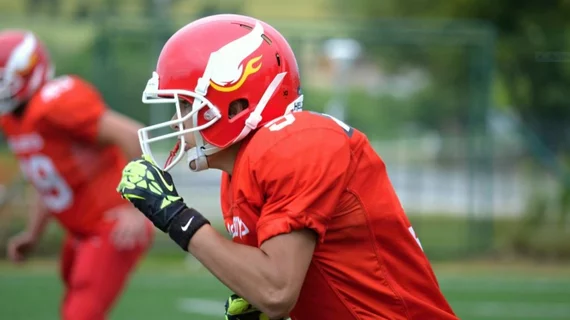Cardiac MRI reveals that even competitive athletes are subject to reduced cardiac function after COVID
New cardiac MRI findings provide troubling evidence that even healthy soldiers and athletes experience reduced cardiac function after mild COVID infections.
Experts shared this recently in a paper published in Radiology: Cardiothoracic Imaging. In the paper, the experts compared the cardiac MRI (CMR) findings from 188 athletes and soldiers with prior COVID infections to a group of healthy controls to assess for potential differences in cardiac function between the two groups.
Corresponding author Jeffrey M. Dendy, from the Division of Cardiovascular Medicine at Vanderbilt University Medical Center, and colleagues explained the importance of understanding cardiac implications on athletes and exceptionally healthy individuals who contract COVID:
Due to the high prevalence of myocardial inflammation by cardiac MRI shown in an initial series of patients diagnosed with SARS-CoV- 2 and evidence of myocarditis as a known cause of sudden cardiac death in competitive athletes, there has been great interest in the development of appropriate screening algorithms for collegiate and professional athletes who have recovered from this infection.”
Based on the imaging, the experts found that, compared to the healthy controls, the COVID group displayed significantly worse global and segmental circumferential systolic strain (CS). These differences were found to be most significant in the basal- and mid- inferoseptal, septal, and inferolateral segments where higher frequencies of post-infection late gadolinium enhancement were visualized.
Interestingly, this finding was consistent even when the athletes had no signs of myocarditis and was independent of demographics, hemodynamic parameters, and LV mass. The experts noted that although the absolute difference in strain was small, it represents a relative reduction of 4% of global CS.
“By comparison, a relative reduction of 12% in global longitudinal strain has been used as the cutoff for evidence of chemo-induced cardiotoxicity,” the authors added.
The authors recommended that future research focus on the long-term clinical impact of this small, but statistically significant worsening of myocardial strain.
The study abstract can be viewed here.

